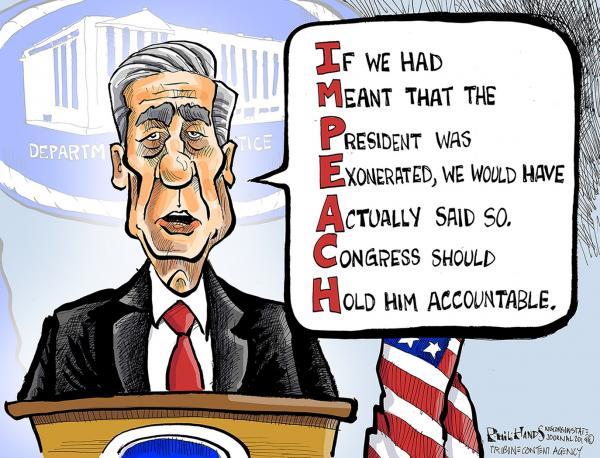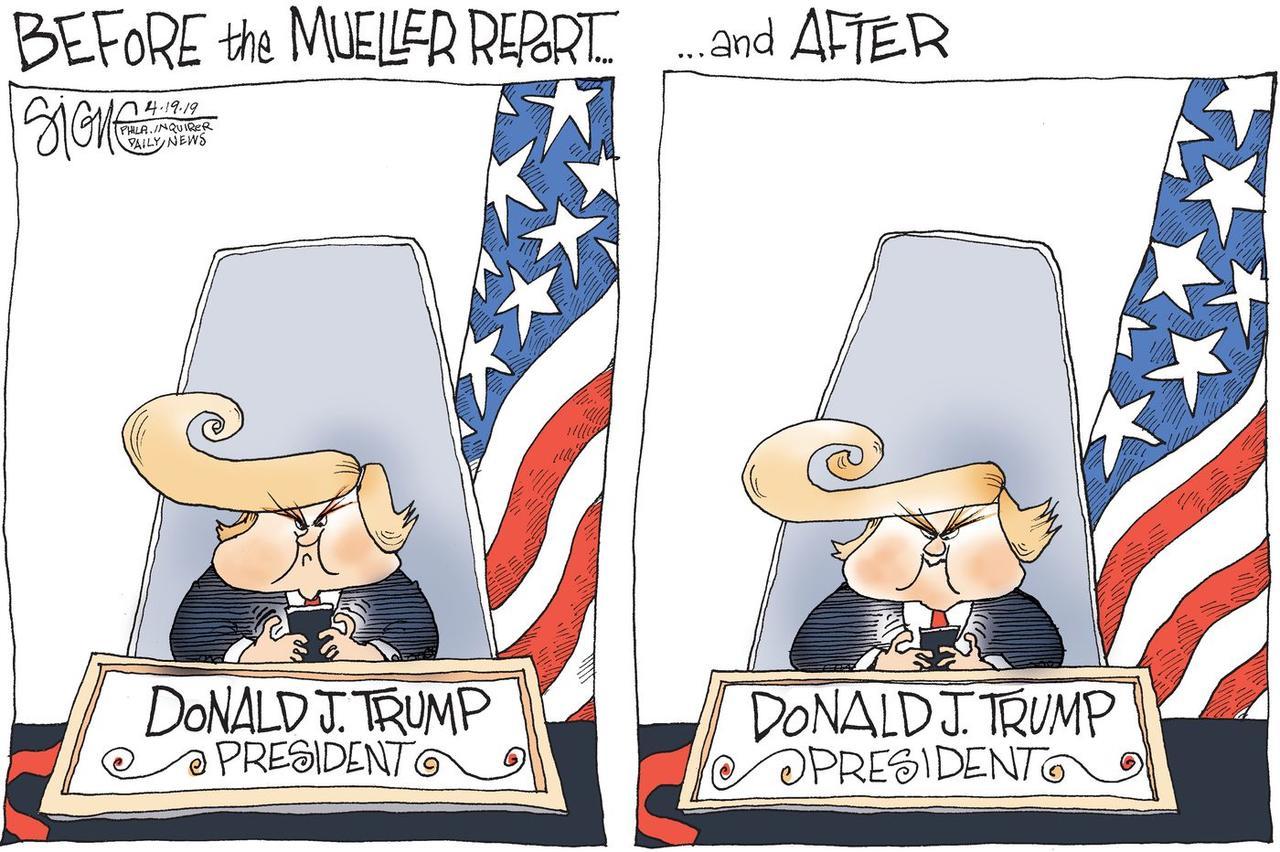The editors have graciously invited me to write a series of guest posts about executive power. The more elaborate version of what I have to say is in a working draft that’s been posted to SSRN, titled Executive Power.
Officials who administer the government and carry out the law do so in an environment of legal rules that empower and constrain them. My central claim is that the Article II executive power consists exclusively of the capacity to perform the roles constituted by those rules, none of which comes from the executive power itself.
Executive power brings with it no authority to use government resources or to invade otherwise-protected private interests. It brings with it no inviolable discretion in the administration of the government in its foreign or domestic or military operations. All the rules that empower executive officials and give them discretion have sources other than the executive power itself. The only inherent executive power is the capacity to play the role constituted by those other rules. The President’s role as Commander in Chief of the armed forces concerns the military hierarchy, not the substance of the law that applies to the armed forces.
This first post sets out that limited conception of the executive power. It then begins the argument that the Article II executive power refers to that conception by identifying that understanding—the Whig executive—as a leading candidate for the meaning of “executive power” at the time of the framing. The next post will pick up the argument concerning the Constitution’s text and structure. The third will discuss the available records of the Federal Convention, arguing that the Whig conception was known to the delegates and that their drafting choices indicate that they meant to employ it.
The fourth post will turn to the government function for which the argument to a more substantive executive power is often thought strongest: foreign relations. The executive power of Article II, I will argue, gives the capacity to conduct foreign affairs but not any policy autonomy regarding them. Any such autonomy arises as a residuum of the enumerated powers of Congress and the statutes that have been adopted pursuant to them. Executive discretion as a residuum of legislation and legislative power can be found elsewhere, but executive power confers no discretion that legislation may not override. The last post will discuss two important claims of executive power—executive privilege and the unitary executive—and then conclude by discussing two leading appearances of the Whig conception in American constitutional history.
Executive officials administer the government and carry out the law. They act in an environment of legal rules that empower and constrain them. Empowerment comes in the form of authorization to use the distinctive legal advantages of the government to pursue the goals specified by the law. Some of those advantages are material, like National Park Service vehicles and Air Force fighter jets. Some are juridical, like the ability of the United States to make contracts and to transfer funds to private people, for example in paying Social Security benefits. One important kind of juridical advantage are privileges to engage in conduct that invade private interests. When DEA agents break down a door to execute a search warrant, and when Air Force pilots fire on enemy positions, they rely on privileges like that.
Constraints come in two forms. Some apply specifically to officials. They include both affirmative and negative duties. Fundamental to officials’ roles are affirmative obligations to perform the tasks for which their offices were created. The Social Security Administration is legally required to pay benefits as set out in the applicable statutes. Other constraints that apply specifically to those who carry out the law are negative. Many Treasury employees are forbidden to engage in transactions in federal debt that are perfectly lawful for private people.
The other form of constraint is the residue of privilege to invade private interests. A DEA agent who breaks down a door without a warrant may well commit a tort by doing so, as a private person would.
All this is thoroughly familiar, but sometimes important insights are hiding in plain sight. The rules that empower and constrain come from the relevant body of law, like the Social Security Act. They are far too detailed, and rest on far too many policy choices, to come from anywhere else. When Congress creates federal programs, it decides what resources to devote to them. That includes the resource of invading private interests. Whether EPA inspectors can inspect regulated premises without the owner’s consent is up to Congress. Constraints concerning bribes are found in the law of bribery.
The armed forces fit into this legal structure, as they too use the resources of the government to carry out the operations of the government. Fighter jets and the ability to contract to buy them, and combatant privilege, and the permission to use bases owned or leased by the United States, are all assets, material and juridical, of the government. Members of the forces use those assets to perform their functions and are subject to affirmative and negative constraints. They must obey lawful orders and may not commit war crimes even if ordered to do so. Appropriations for F-22s are found in appropriations statutes; the permissions given by combatant privilege come from the law of armed conflict.
Executive officials use the assets of the government to achieve the goals set by the law, subject to affirmative and negative constraints arising from the applicable legal rules. All those rules have a source, mainly in statutes. What the roles created by those rules have in common is the capacity to occupy them. That capacity must itself arise from some legal rule or body of legal rules.
That more elaborate account of the legal world in which implementing officials operate feeds into two interpretive claims about the meaning of “executive power” in Article II. The first claim I think is uncontroversial: the capacity to fill the positions creating by the applicable law is part of the executive power. Indeed, that is its core. Whatever else the executive power does, it enables those who hold it to administer the government—that is, to carry out the law.
The next and more controversial claim is that the executive power consists of nothing else. The first step in seeing that that conceptualization best matches the text and structure of the Constitution concerns its intellectual background. The limited understanding of executive power was familiar at the time of the framing. It was especially common among thinkers on both sides of the Atlantic who were highly suspicious of royal power and called themselves Whigs.
That is the thinking that, for example, underlay Thomas Jefferson’s 1783 proposal for a revised Constitution of Virginia. Jefferson would have given the Governor “those powers only, which are necessary to execute the laws (and administer the government) and which are not in their nature either legislative or judiciary.”
The next post will explain why the limited, Whig, conception of executive power best fits the Constitution’s text and structure.
from Latest – Reason.com https://ift.tt/30NFjel
via IFTTT




